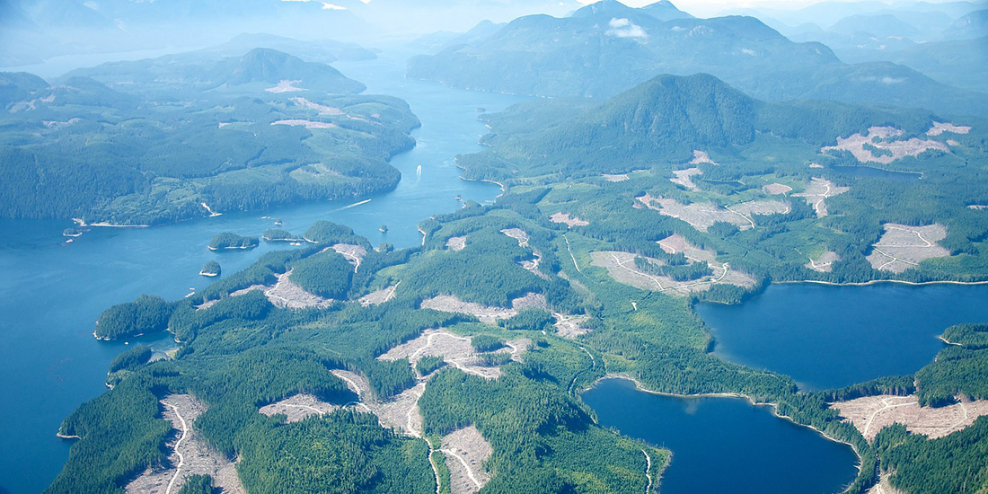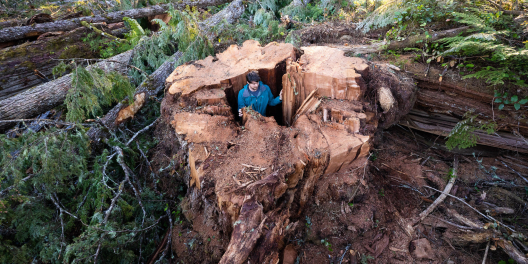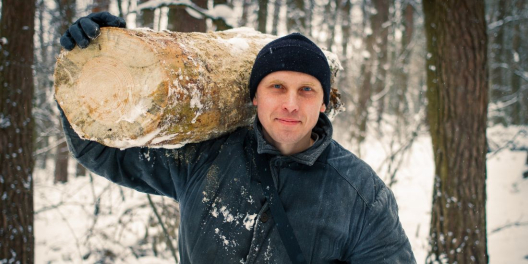Over the past ten years, British Columbians have been paying almost a million dollars a day to keep the logging industry running.
It sounds crazy, but the numbers check out.
Journalist David Broadland for Focus sifted through hundreds of reports and documents almost a year ago to find that the cumulative operating deficit for managing industrial logging over the last ten years was $3.44 billion.
It’s costing us—the people of BC—$942,466 every day to let logging companies chainsaw publicly owned trees.
This number doesn’t even include the logging-related costs of flood repairs, water treatment, plants and wildlife restoration, tourism loss, and disappearing salmon runs, all attributed to poor or unmonitored logging practices.
A million dollars a day is a big number. It’s big enough that it deserves to be examined and talked about.
Using public money to support BC industries and keep workers employed is good. But when that much money is poured into an industry, that industry should thrive, and people should have jobs.
But that’s not the case with logging in BC.
A profitable, sustainable forest economy is very much possible, but the biggest names in the logging industry don’t seem interested in making it happen.
Huge players like Mosaic, the granddaddy of TimberWest and Island Timberlands, are logging our forests primarily for timber extraction, AKA raw log exports.
By their account, the value of logs in the BC market doesn’t even cover logging costs (not shocking considering exports have closed down most of our saw and pulp mills). They don’t bring in a profit. So to counter this, they push for more old-growth logging that they can continue to sell offshore for a tiny amount.
Basically, logging companies want to keep cutting down and exporting abroad our most valuable resource for just enough pennies to line their pockets. They have absolutely no regard for the long-term ecological damage, job losses, and blow to our economy it’s creating.
There’s a simple way to counter this: require that BC wood be sustainably processed in BC.
That’s how it used to be. If you wanted a licence to log on public lands, you had to commit to processing it in a local mill. The requirement was called the “appurtenancy” clause in all licences.
But Gordon Campbell’s Liberal government got rid of the requirement. To be fair, NDP governments left it on the books but never enforced it when mills closed.
It’s fixable, but like most “simple” solutions, it would take a lot of steps to get there.
Luckily, many people are working on it. For example, wood processing companies like San Group and Canopy are making circular economies chic again. They use innovative processing to use of all parts of the tree. That increases economic value and creates more local jobs.
Big changes could be made if our logging industry decided to go back to partnered projects to help get BC wood sustainably processed in BC.
At the end of the day, if we allow our publicly-owned forest to be logged, it should produce a net benefit for the people of BC.
If not, why should we allow the logging in the first place?









